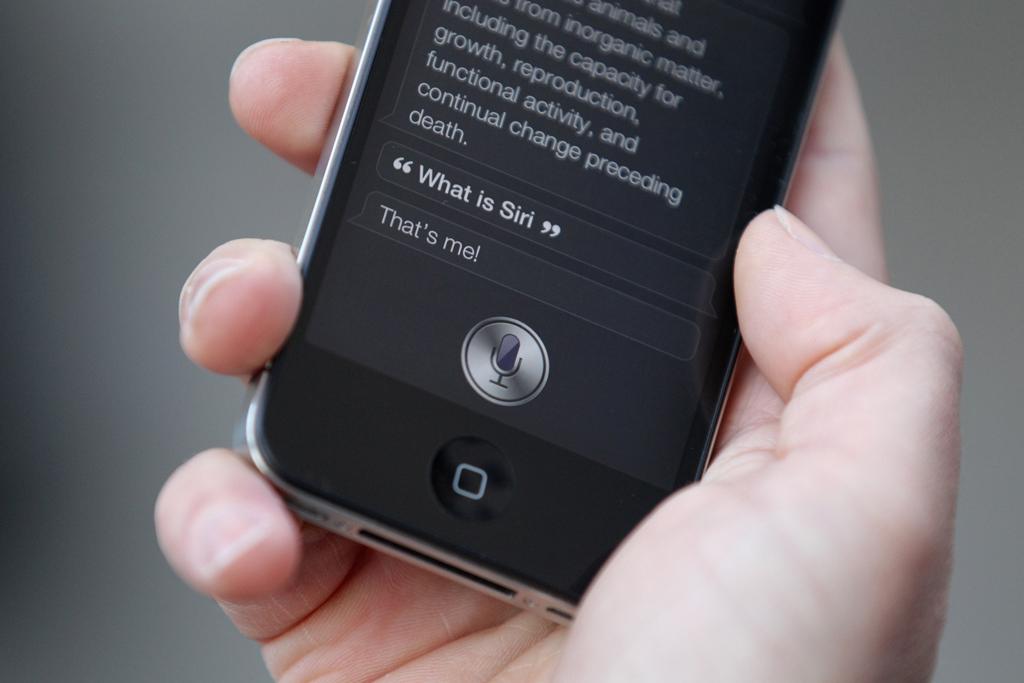Apple: Frank Fazio files class-action suit over Siri shortcomings (VIDEO)
A man uses ‘Siri’ on the new iPhone 4S. The widely anticipated new mobile phone from Apple saw customers line up in cities around the world for hours to be amongst the first to buy the device. Apple is now facing a class-action lawsuit from customers disappointed with Siri’s performance.
LOS ANGELES — Apple is going head-to-head with New York-based Frank Mazio, who filed a class-action suit against the company over Siri, the iPhone 4S's voice-activated personal assistant.
Mazio, who recently filed his case in San Jose's US District Court, alleged that Apple's claims about Siri are "fundamentally and designedly false and misleading," Mashable reported.
He argued that Apple's advertising for Siri, including the popular "Rock God" commercial, was "fiction," according to the Washington Post.
“For example, in many of Apple’s television advertisements, individuals are shown using Siri to make appointments, find restaurants and even learn the guitar chords to classic rock songs or how to tie a tie,” reads the suit, the Post reported. According to the plaintiff, the commercials misled him to buy the iPhone 4S to get Siri, only to find that the software is full of shortcomings.
More from GlobalPost: E-books lawsuit on the horizon for Apple and US publishers, Justice Department warns
Fazio bought his iPhone 4S in November for $299, and claimed he would not have spent that much money for a new iPhone if not for Apple's Siri advertisements, according to PC World.
Siri has been under fire despite an initially positive reception, PC World reported. The biggest complaint is that Siri requires an Internet connection to operate, but users have also been frustrated with the lack of a back-up feature for even the most basic functions like voice dialing, as well as Siri's inability to understand accents.
However, the case may prove difficult to hold up in court, Ad Age reported.
"It's going to be a tough case to prevail on," Chris Cole, partner and chair of false advertising practice at Manatt, Phelps & Phillips told Ad Age. "I'd be very surprised if Apple doesn't have evidence that Siri worked prior to the ads. It's also going to be very hard to sustain a class [suit]. I'm sure it works perfectly for some voices and not for others."
More from GlobalPost: Apple iPhone Siri, meet competitor Evi, from True Knowledge
This is not the first time Apple has faced a class-action lawsuit. In July 2010, iPhone 4 users sued Apple for a faulty antenna. The legal fight, which came to be known as "Antennagate," began when two Maryland residents accused Apple and AT&T of negligence, fraud and deceptive trade practices, according to PC Magazine.
Apple declined to comment on pending litigation.
We want to hear your feedback so we can keep improving our website, theworld.org. Please fill out this quick survey and let us know your thoughts (your answers will be anonymous). Thanks for your time!
